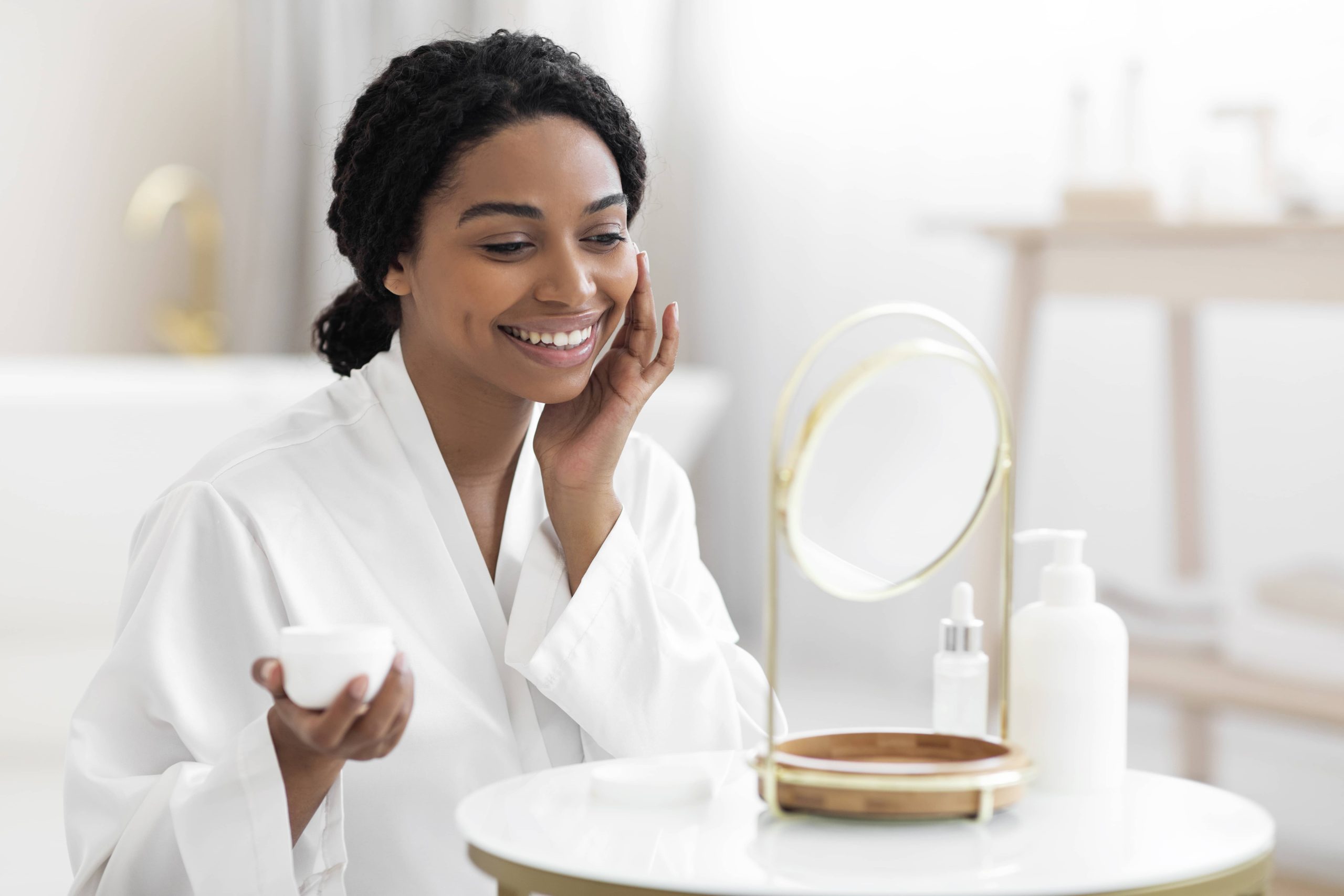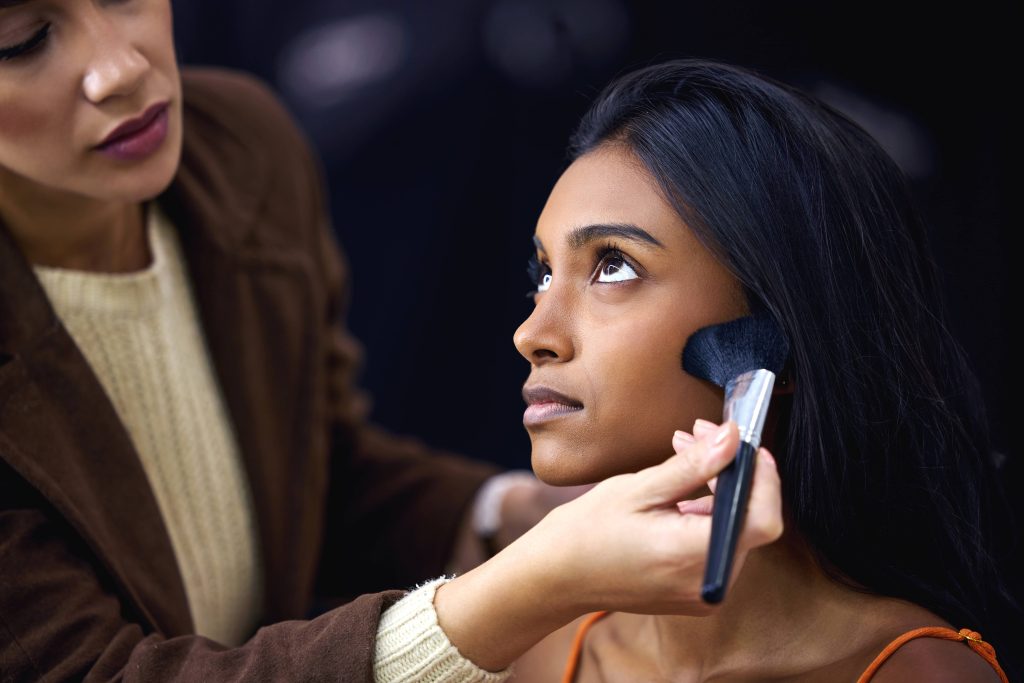
Acne is a skin condition that affects millions of people worldwide, transcending age, gender, and skin type. As a beauty blogger deeply invested in skincare, I constantly explore and share valuable insights to help my readers achieve clear, glowing skin. Today, I bring you a compendium of professional advice gleaned from dermatologists on How to Treat Acne effectively.
Understanding Acne
To treat acne effectively, it’s essential to understand what it is. Acne is primarily a disorder of the pilosebaceous unit, which includes the hair follicle and its associated sebaceous gland. Hormonal changes, particularly during adolescence, lead to an increase in sebum production, which can clog pores. When bacteria, specifically Propionibacterium acnes, colonize these clogged pores, inflammation occurs, leading to pimples, blackheads, and cysts.
Diagnosis is Key
Dermatologists emphasize the importance of seeking a professional diagnosis to accurately determine the type and severity of acne. This initial step is crucial because not all acne treatments work for every individual. Some people might have hormonal acne, which needs a different approach compared to acne caused by excessive oil production or bacterial infections.
Over-the-Counter Treatments
Many dermatologists recommend starting with over-the-counter treatments, especially for mild acne. Ingredients like benzoyl peroxide, salicylic acid, and alpha hydroxy acids (AHAs) are commonly found in these products and have proven effective for many users.
1. Benzoyl Peroxide: This ingredient reduces acne-causing bacteria and inflammation. Available in various strengths, it’s important to start with a lower concentration to gauge your skin’s reaction.
2. Salicylic Acid: A beta hydroxy acid (BHA), it works by exfoliating the skin gently, unclogging pores, and reducing swelling.
3. Alpha Hydroxy Acids (AHAs): AHAs, such as glycolic acid and lactic acid, help in removing dead skin cells and reducing inflammation.
Prescription Treatments
For moderate to severe acne, over-the-counter treatments may not suffice. Dermatologists then prescribe stronger treatments tailored to combat persistent acne.
1. Topical Retinoids: Considered the gold standard in acne treatment, topical retinoids like tretinoin promote cell turnover, prevent pore blockage, and have anti-inflammatory benefits. It’s crucial to understand that retinoids can initially cause skin irritation and dryness, so it’s best to ease into their use.
2. Oral Antibiotics: Sometimes, dermatologists prescribe oral antibiotics like doxycycline and minocycline to reduce bacteria and inflammation. However, long-term use is not ideal owing to potential side effects and the risk of antibiotic resistance.
3. Hormonal Treatments: For those with hormonal acne, particularly women, treatments like oral contraceptives and anti-androgens such as spironolactone can be effective. These medications help regulate hormone levels, thereby reducing sebum production.
Lifestyle and Diet
While topical and oral treatments manage symptoms, a holistic approach considers lifestyle and diet. Dermatologists often advocate for simple lifestyle changes that can significantly impact acne management.
1. Diet: Research suggests a link between diet and acne. High glycemic foods and dairy products might exacerbate acne in some individuals. Dermatologists recommend a balanced diet rich in vegetables, lean proteins, and omega-3 fatty acids.
2. Stress Management: Stress is known to worsen acne for some people. Incorporating stress-relieving practices such as yoga, meditation, or even regular physical activity can help.
3. Skincare Routine: A consistent skincare routine tailored to your skin type is vital. Gentle cleansing, followed by appropriate moisturization, is recommended to maintain skin health. Over-cleansing can strip the skin of its natural oils, leading to an increase in sebum production.
4. Adequate Hydration: Keeping the skin hydrated is crucial even for acne-prone skin. Dermatologists recommend using non-comedogenic moisturizers to ensure hydration without clogging pores.
Professional Treatments
In-office treatments like chemical peels, laser therapy, and extractions are also options dermatologists might suggest for persistent acne.
1. Chemical Peels: These treatments use high-strength acid solutions to remove the top layer of skin, which can reduce acne and improve complexion.
2. Laser and Light Therapy: Targeted laser treatments can reduce the number of P. acnes bacteria and inflammation.
3. Extractions: Dermatologists perform extractions to manually clear clogged pores safely and effectively, reducing the risk of acne scarring.
Avoid Common Mistakes
Dermatologists point out common mistakes people make when dealing with acne:
1. Overuse of Products: Using too many products simultaneously can overwhelm your skin, potentially leading to more breakouts.
2. Popping Pimples: This can lead to scarring and infections. Leave extractions to professionals.
3. Ignoring Sunscreen: While some acne treatments make your skin photosensitive, sunscreen is crucial to protect against UV damage.
4. Lack of Patience: Dermatologists stress that acne treatments often take time. It may take weeks to months to see significant results.
Conclusion
Acne is a multifaceted condition that often requires a tailored approach for effective management. By understanding the various treatments available and adapting lifestyle habits, clearer skin is achievable. Always consult a dermatologist for personalized advice and remember, patience is essential when treating acne.
We hope these dermatologist-recommended tips help you on your journey to clearer skin. Share your acne treatment stories or questions in the comments below, and let’s support each other in achieving our best skin yet!



